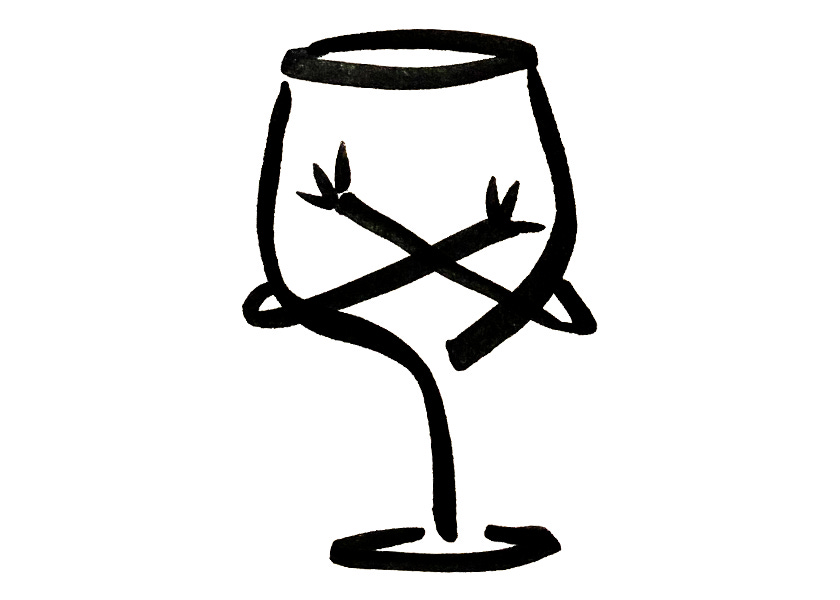What Not to Say When Selling
You can easily talk your customers out of a sale every bit as much as you can convince them to buy something
There’s a misbegotten notion that selling is like casting a magical spell; say the right words in the right order and—viola—you’ll close the deal. However, when it comes to pushing wine and spirits, it’s less about what we say and more about what we do.1 This is not to say that words don’t matter because I often observe reps talking their customers out of sales. Knowing what not to say when pitching or trying to close will help you prevent unforced errors. Here are some of the more cringeworthy things you should avoid saying:
“This is the best…”
Avoid using common superlatives like “the most,” “the greatest,” and “the best.” Just like being voted nicest smile in the high school isn’t really something to hang your hat on, these descriptors won’t do you much service. Buyers laugh at the notion of the best vintage of the decade, which oddly seems to occur three times every ten years.
Anything more than you have to
After closing a sale, the only thing you really have to say is, “thank you and goodbye.”2 Perhaps restricting yourself to those four words is extreme, but the fact is you really should stop talking about the product or producer after you’ve sold it. You’ve done your job. The customer agreed to purchase some bottles or cases; there’s nothing that talking will do to improve your lot. The desire to say more after a sale has been made is natural. Most reps want to affirm their customers’ decision. There is no need. Their decision will be affirmed when they themselves see the product flying off their shelves. You only stand to put your foot in your mouth or compel the buyer to reconsider their decision.
“This is the first…
…distillery in Tulsa since Prohibition.” …skin contact white from West Virginia” …gin distilled in Antarctica.” Another superlative. Historians are obsessed with firsts. Salespeople shouldn’t be because most customers aren’t. The diffusion of innovations theory posits that only about 16% of customers are innovators or early adopters. Most people don’t want to assume the risk of selling something that’s unproven; there’s no need to fight the tide.3 You should take new and innovative wine and spirits out into the market, but you can’t expect a product’s “newness” to be its unique selling proposition.
“This is very popular…”
If someone wants to know what your most popular product is, they’ll ask. Otherwise, ignore the temptation to share this information. It’s a can of worms. There is no need to prompt the customer to wonder, “why are you only telling me about this now?” Also, it’s not worth implicitly hinting that a wine or spirit is widely sold and thus highly competitive with thinner margins.
“I’ve been selling for a long time and I’ve never seen a wine/spirit/widget sell like this before…”
Never say never. Just because you haven’t seen a black swan doesn’t mean your customer hasn’t. There’s no need to show off how inexperienced you are compared to someone who might know a lot more than you.
“I’ve been here a few times to taste and you really owe me a couple of placements…”
It’s shitty when a buyer wastes your time. Still, this isn’t selling, it’s begging. Don’t ever say this.
Do you, your service, and your products demonstrate value to your customer? Can you build trust by delivering on your promises? Make sure your answers are yes. I might make an exception about the importance of what is said when it comes to cold calling new leads via phone, but even then, I admonish the idea of a rigid sales script.
This battle-tested advice comes from my father who sold office supplies for over forty years. As an intrepid sake salesperson, I failed to heed it. It cost me on multiple occasions.
You will have certain customers that pride themselves discovering such new products, but they likely won’t account for the majority of your sales. Your experience of getting placements into these types of accounts shouldn’t make you overly optimistic for the potential of such brands.

